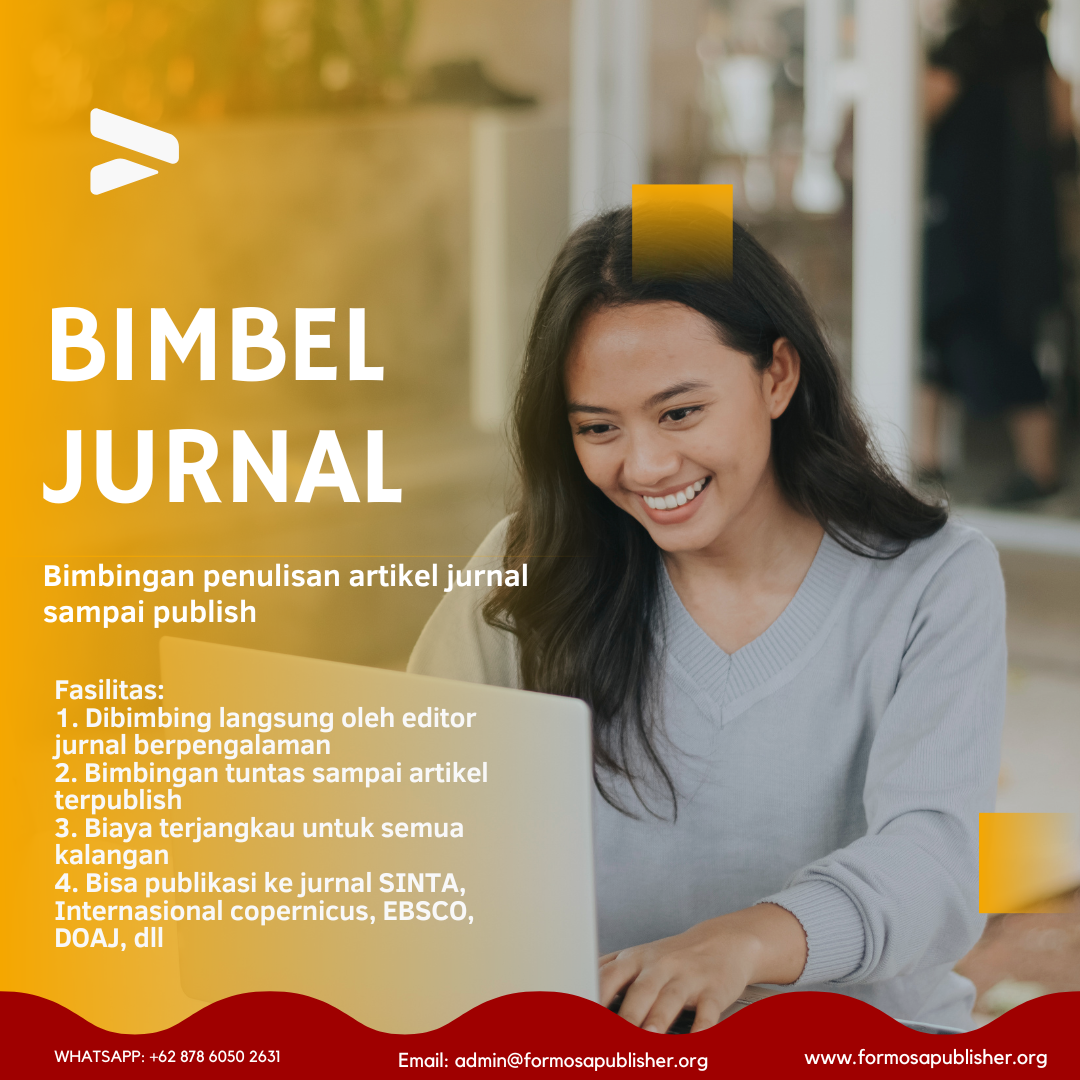Implementation of the 5C Financing Principle in Islamic Banking in the Perspective of the Qur'an
DOI:
https://doi.org/10.55927/mudima.v4i1.7502Keywords:
Islamic Bank, Financing, 5C PrinciplesAbstract
This research focuses on the implementation of the 5C principle of Islamic banking in the perspective of the Qur'an as one of the strengthening of the Islamic banking financial sector. The main problems raised are how the implementation of the 5C principle of financing in Islamic banking and how the implementation of the 5C principle in the perspective of the Qur'an. The method used in this research uses a mix method, namely library research and field research, namely research conducted through literature studies and sourced from various literature, tafsir, al- Qur'an, journals, as well as data taken from the field directly through interviews and data regarding the implementation of the 5C principle of financing at Bank Syariah Indonesia. By using a normative approach, namely analysing the implementation of the 5C principle in Islamic banking in accordance with the rules or norms in the Qur'an. The results of this study found that the implementation of the 5C principle in Islamic banking is no longer conceptualised as 5C namely character, capacity, capital, condition, and collateral but has been conceptualised into 5B namely mandate, knowledge, work, pious deeds, and borg / guarantee). The application of the 5B principle will be very good if implemented in accordance with the instructions in the Qur'an, especially in sharia-based banking. So that banking is not only labelled sharia, but also in terms and implementation has fulfilled the requirements of sharia, which has implications for the welfare of the world and the hereafter
References
-Al-Hafiz Abu Abdillah, Muhammad bin Yazid Al-Qozhiny. n.d. Sunan Ibnu Majah, Kitab At-Tijaarot Bab Al-Histu Ala Al- Mukassibi. Semarang: Toha Putra.
Centre for the Study and Development of Islamic Economics (P3EI) Universitas Islam Indonesia. 2018. Islamic Economics. Jakarta: Rajawali Press.
Faturrahman Djamil. 2012. Settlement of Problem Financing in Islamic Banks.Jakarta: Sinar Grafika.
Hamonangan, H. (2020). Analysis of the Application of the 5C Principle in Financing Distribution at Bank Muamalat Kcu. MEA Scientific Journal (Management, Economics, and Accounting), 4(2).
H. Idri. 2016. Economic Hadith. Jakarta: Prenadamedia Group.
Havis Arafik. n.d. Islamic Economics: Konsep, Teori Dan Aplikasi Serta Pandangan Pemikir Ekonomi Islam Dari Abu Ubaid Sampai Al-Maududi. Malang: Four Two.
Indonesian Bankers Association. 2014. Managing Credit Healthily. First Edition.1st edition. Jakarta.
Imam Jalaluddin Al-Mahalli and As-Syuyuti. 2014. Translation of Tafsir Jalalain with Asbabun Nuzul Volume 2. Bandung: Sinar Baru Algensindo.
Indonesia, Bank Syariah. n.d. Bank Syariah Indonesia Ambon Branch Financing Guidelines. Ambon.
Indonesia, Bankers Association. 2014. The Business of Banking Credit. Jakarta: PT Gramedia Pustaka Utama.
Khairan, K. (2020). Strategy for Handling Problem Financing with Reschedulling, Reconditioning and Restructuring Methods at the Baitul Maal Wat Tamwil Islamic Microfinance Institution. Journal of At-Tamwil: Sharia Economic Studies, 2 (1). https://doi.org/10.33367/at.v2i1.1109
Kholid, Muhamad. 2018. "Principles of Sharia Economic Law in the Islamic Banking Law." Asy-Syari'ah 20(2):145-62. doi: 10.15575/as.v20i2.3448.
M. Quraish Shihab. 2002. Tafsir Al- Misbah: The Message, Impression and Harmony of the Qur'an Vol 2. Jakarta: The Lantern of the Heart.
Mardani. 2012. Fiqh of Sharia Economics. Jakarta: Prenada Media Group.
Muhammad Sharif Chaudry. 2012. Islamic Economic System. Jakarta: Prenada Media Group.
Mustafa Edwin Nasution et al. 2006. An Exclusive Introduction to Islamic Economics. Jakarta: Prenada Media Group.
Ministry of Religious Affairs Qur'an. 2022.
Rozalinda. 2016. Islamic Economics. Jakarta: PT Raja Grafido Persada. Sohari Sahrani and Ru'fah Abdullah. 2011. Fikih Muamalah. Bogor: Ghalia Indonesia.
Veithzal Rivai, and Andria Permata Veithzal. 2008. Islamic Financial Management. Jakarta: PT Raja Grafindo Persada.
Downloads
Published
How to Cite
Issue
Section
License
Copyright (c) 2024 Abdul Rifan Syarif, Iwan Setiadi

This work is licensed under a Creative Commons Attribution 4.0 International License.
































